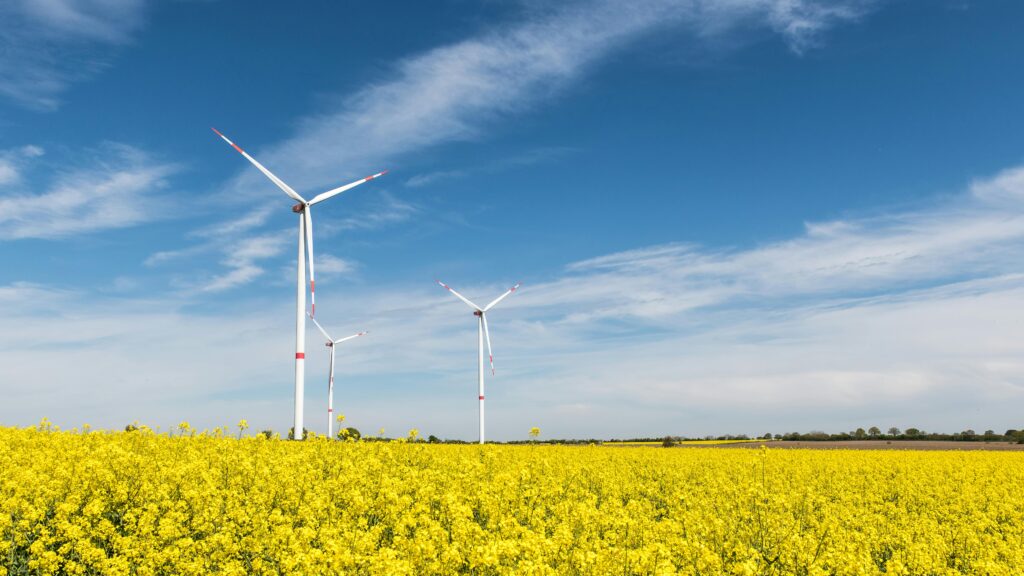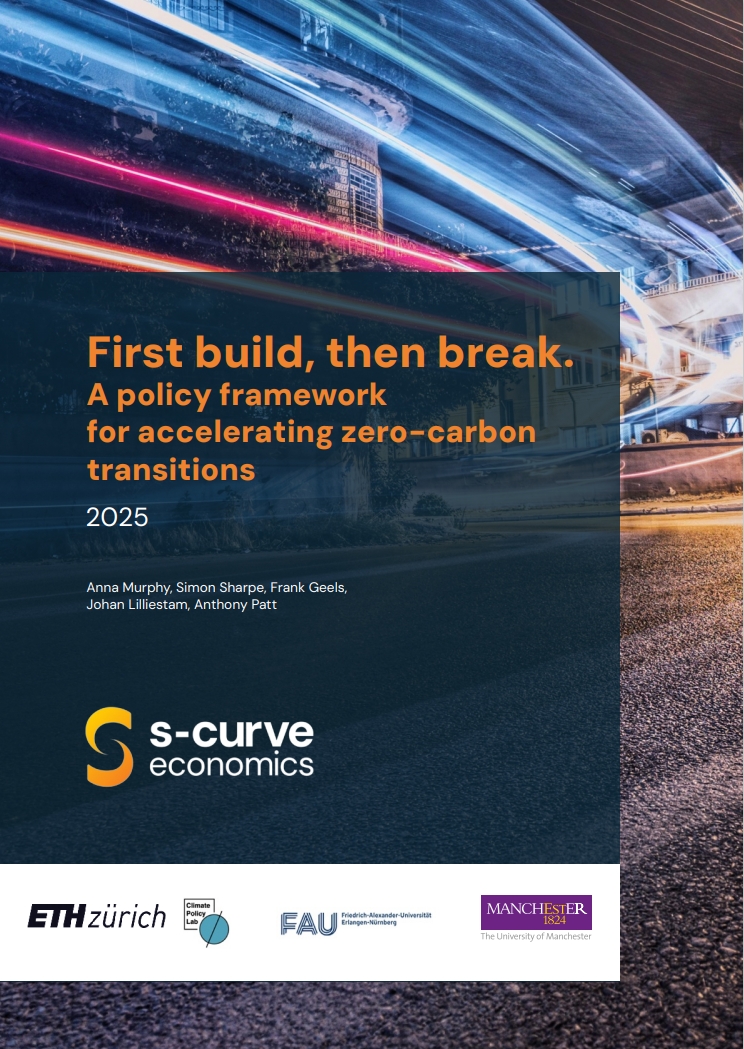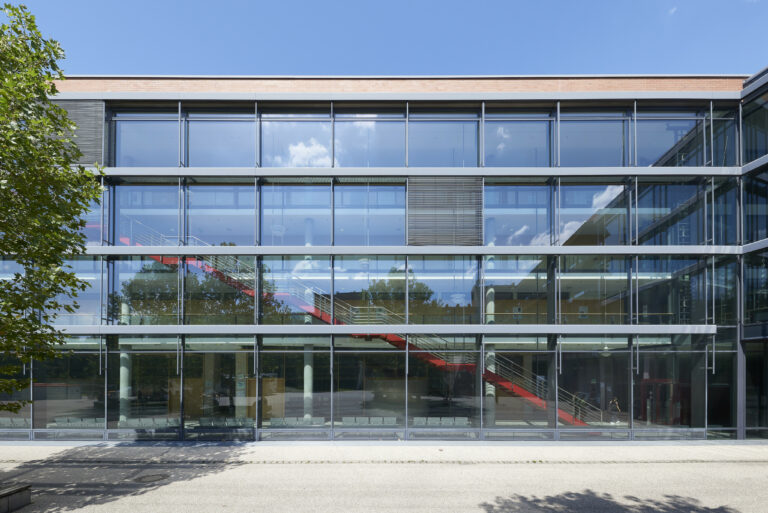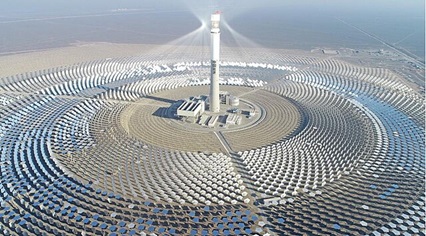Chair of Sustainability Transition Policy
At the Chair of Sustainability Transition Policy, we explore the policies needed for a transition to a climate-neutral future. Our work is rooted in transition studies, but is strongly interdisciplinary, building on theories and methods from different disciplines, including political science, economics and other social sciences.
Our focus lies on climate and energy policies, often with an empirical focus, both in research and teaching.






